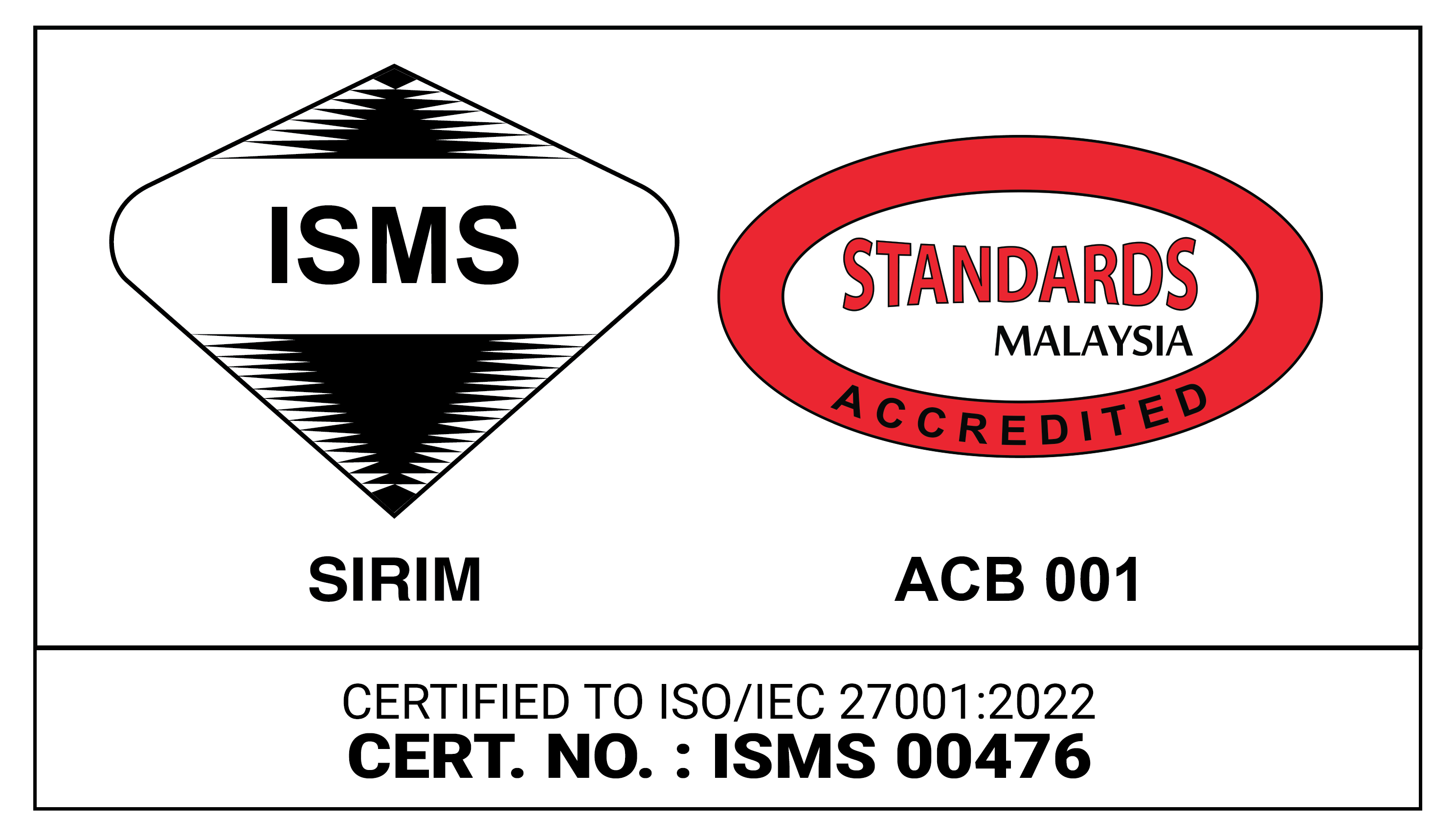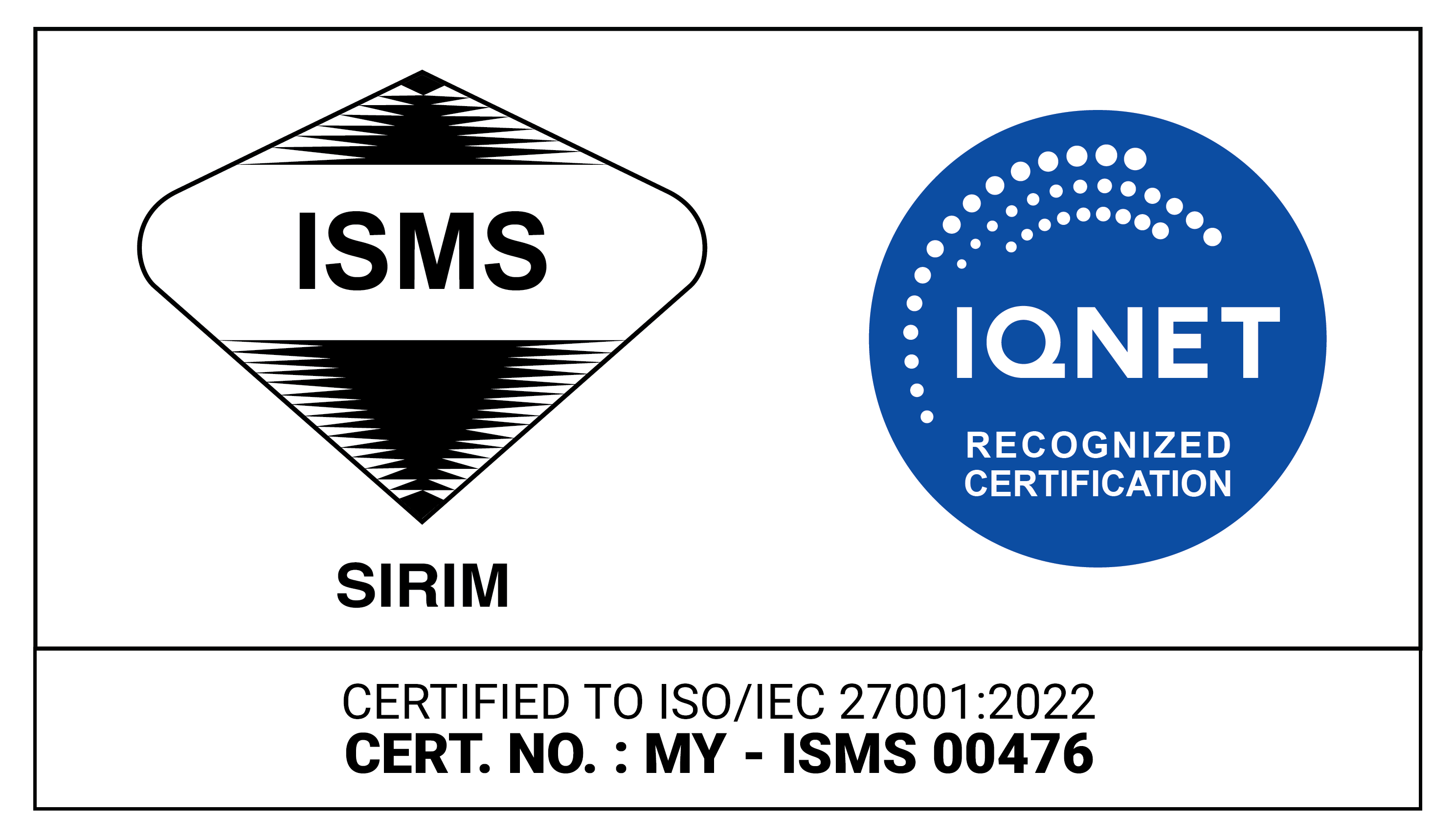
KEYNOTE ADRESS ON “SUSTAINABLE TRADE AND
RESPONSIBLE BUSINESS PRACTICE IN A NEW GLOBAL AREA”, INTERNATIONAL SUSTAINABLE PALM OIL FORUM
2nd JUNE 2023
SALUTATIONS
His Excellency Dato’ Zakri Jaafar
High Commissioner of Malaysia to the United Kingdom of Great Britain & Northern Ireland
Honourable Datuk Haji Len Talif Salleh
Deputy Minister for Urban Planning Land Administration and
Environment, Ministry of Natural Resources & Urban Development, Sarawak Government
Honourable Dr Hazland Abang Hipni
Deputy Minister for Energy and Environmental Sustainability, Sarawak Government
Honourable Dato’ Hj. Mad Zaidi bin Mohd Karli
Secretary General
Ministry of Plantation and Commodities
Tan Sri Abdul Majid Khan
Chairman, KSI Strategic Institute for Asia Pacific
Tan Sri Michael Yeoh
Chairman, ASEAN Economic Club (AEC)
Datuk S.K. Lingam
Chairman, Malaysian-Link UK
Bismillahirrahmanirrahim,
Ladies and gentlemen and distinguished guests,
Assalamualaikum Warahmatullahi Wabarakatuh and good morning,
- First and foremost, I would like to extend my thanks and appreciation to KSI Strategic Institute for Asia Pacific for inviting me to the International Sustainable Palm Oil Forum 2023. It is with great honour and privilege that I stand before you to address the crucial topic of sustainable trade and responsible business practices in a new global era.
- Sustainable trade and responsible business practices are essential for creating a harmonious and prosperous global economy. By integrating environmental, social, and economic considerations into our trade activities, we can ensure the well-being of both present and future generations.
- Responsible business practices involve upholding ethical standards, respecting human rights, promoting fair labour practices, and minimising negative environmental impacts. By adopting sustainable practices, businesses can contribute to the preservation of natural resources, biodiversity, and the overall health of our planet.
- Together, sustainable trade and responsible business practices form the foundation for a more equitable, resilient, and environmentally conscious global marketplace. By embracing these principles, we can create a future where economic progress goes hand in hand with social and environmental well-being.
- The recent accession of the United Kingdom to the Comprehensive and Progressive Agreement for Trans-Pacific Partnership (CPTPP) opens up tremendous opportunities for trade and economic growth between the United Kingdom and AsiaPacific nations, particularly Malaysia. This forum, under the theme of “Advancing Sustainable Trade and Partnerships in the Asia Pacific,” allows us to explore ways to strengthen and deepen these trade relations.
- As the Deputy Prime Minister and Minister of Plantation and Commodities, allow me to touch on sustainable trade in the context of palm oil. Palm oil, the world’s most widely-used and productive oil crop, plays an essential role in our daily lives. Southeast Asia stands as the hub for palm oil production, with Malaysia, Indonesia and Thailand being the three largest palm oil producers contributing significantly to the global market. It is worth noting that palm oil accounts for almost half of the food items in the United Kingdom and Europe, highlighting its importance in ensuring food security and meeting consumer demands.
Ladies and gentlemen,
- However, despite the economic benefits and sustainable practices implemented by palm oil-producing countries like Malaysia, we face challenges due to misperceptions surrounding the environmental impact of palm oil production. The palm oil industry encounters opposition from anti-palm oil lobby groups and discriminatory regulations, such as the European Union Deforestation Regulation (EUDR) and Renewable Energy Directive (REDII), which unfairly target palm oil.
- To counter these challenges, Malaysia has made significant progress towards sustainability through various certification programs such as the Malaysia Sustainable Palm Oil (MSPO). MSPO has ensured responsible practices in palm oil production, protecting the environment while meeting global demand. It is essential to address these misperceptions and highlight the strides made by palm oil-producing countries in promoting sustainability.
- Malaysia is the first and only country worldwide to make government-mandated sustainability certification a requirement for its oil palm industry. The MSPO Standards contains five core principles: management commitment and responsibility; transparency; compliance with legal and other requirements; responsibility to social, health, safety and employment conditions; and environment, natural resources, biodiversity and ecosystem services.
- According to the MSPO Trace, as of 30 April 2023, it is recorded that 94.23% of oil palm planted areas in Malaysia has been MSPO certified. Additionally, 443 of the 462 mills or 95.89% in the country have been certified with MSPO.
- Malaysia also established policies towards sustainable oil palm cultivation, which comprise, among others, maintaining 55.6% or about 18.3 million hectares of Malaysia’s land area is forested land. Over the past decades, Malaysia’s deforestation rate has decreased. In fact, from 2010 to 2015, the forested area actually increased by 2% to 18.25 million hectares.
- Let's set the record straight on palm oil: it is not the environmental villain it’s made out to be. In fact, it is a shining example of sustainability and ESG-friendly practices. Unlike other crops, palm oil trees act as carbon superheroes, absorbing carbon dioxide and transforming our plantations into carbon sinks.
- Don't just take my word for it – the Forestry and Forest Product Research Institute in Japan confirms that oil palm outperforms natural forests by absorbing four times more carbon dioxide. When it comes to carbon sequestration, palm oil is far superior than soya, rapeseed, and sunflower.
- Now, let’s address the elephant in the room. The anti-palm oil lobby loves to paint a bleak picture of deforestation and biodiversity loss, blaming our plantations for the decline of orangutan populations. But here’s the truth: the numbers have remained rock-solid at 11,000 for the past five years. It's time to redirect our focus. A recent scientific study has revealed that hunting, not palm oil plantations, poses a far greater threat to these magnificent creatures. Let’s separate fact from fiction and confront the real challenges head-on.
- Malaysia stands firm in its commitment to sustainability and conservation. We’ve left no stone unturned in protecting our biodiversity. From the Sepilok Orangutan Rehabilitation Center to the Turtle Island Reserve, Sipadan Island Reserve, and Danum Valley, our projects speak volumes about our dedication to preserving our natural heritage. We're not just paying lip service; we're taking concrete action.
- My ministry has spearheaded the creation of the Malaysian Palm Oil Green Conservation Foundation (MPOGCF). This foundation is our resounding declaration of support for conservation initiatives within the palm oil industry. Our commitment to the environment knows no bounds. The MPOGCF doesn't stop at orangutans; it extends its protective embrace to various wildlife species, including the adorable pygmy elephants in Sabah. Together, we're making a real difference.
Ladies and gentlemen,
- Palm oil and the commodities sector is not just good for the environment but important for the economy. Allow me to share some noteworthy achievements in Malaysia’s agricultural commodity sector, which plays a vital role in our nation's economic growth. Over the years, the sector has significantly contributed to elevating the standard of living for our people and reducing poverty. To date, this sector employs nearly 450,000 smallholders including private and organized smallholders.
- In 2022 alone, Malaysia’s agricommodity sector recorded a total trade value of RM268.1 billion, with a trade balance of RM146.5 billion. The export income from agricommodity products reached RM207.3 billion, accounting for 13.4% of our country's total export income. Moreover, in 2022, this sector contributed RM83.8 billion to our national GDP, demonstrating its pivotal role in long-term economic growth.
- Recognising the importance of the agricommodity sector, the Ministry of Plantation and Commodities (MPC) has established the National Agricommodity Policy 2021-2030 (DAKN 2030). This comprehensive framework, launched in March 2022 with the vision of “Advancing Agricommodities for Sustainability and Shared Prosperity,” provides a clear roadmap and plan of action. It aims to unlock the true potential of the sector, with a focus on eight key commodities: oil palm, rubber, timber, cocoa, pepper, kenaf, biomass, and biofuel. Through DAKN 2030, we ensure the readiness of all industry players to face future challenges and drive sustainable growth.
- Within the palm oil sector, we are particularly committed to expanding the Malaysia Sustainable Palm Oil (MSPO) certification scheme. Currently, MSPO certification covers 94.23% or 5.35 million hectares of planted areas, and 95.89% or 443 mills in the country have been certified. Moreover, we have introduced MSPOTrace, which enables the tracing of the entire palm oil supply chain. These initiatives aim to enhance transparency, credibility, and recognition in the international market, ensuring that Malaysian palm oil meets rigorous sustainability standards.
- Contrary to negative portrayals in the Western media, palm oil stands as the most efficient oil-bearing crop. Despite utilising only 0.6% of the world's agricultural land, it contributes to 35.5% of global vegetable oil output. Replacing palm oil with alternative vegetable oils would require a 7 to 9-fold increase in land area, showcasing its unmatched efficiency.
- In line with our commitment to innovation and ESG, the MPOB launched the Mechanisation and Automation Research Consortium of Oil Palm (MARCOP) in 2021. MARCOP addresses the issue of high dependency on foreign labour in Malaysia's palm oil industry by promoting mechanisation and automation. Additionally, MPOB is collaborating with the Fusionex Group to develop the concept of smart palm oil mills, aiming for zero discharge and bringing new dimensions to manufacturing efficiency through continuous operational monitoring.
Ladies and gentlemen,
- In conclusion, sustainable trade and responsible business practices are crucial for a new global era. We must work together to dispel misperceptions and promote the sustainable practices implemented in palm oil production. Events like this provide a platform for constructive dialogue, education, and awareness. Let us seize this opportunity to foster sustainable trade partnerships in the Asia Pacific, reinforcing the strong bond between the United Kingdom and Malaysia.
- Through concerted efforts and collaboration, we can ensure a future where sustainable trade practices and responsible business initiatives shape our global economy. Let us embrace this new era with a shared vision of sustainability, prosperity, and inclusivity.
- Thank you, and may this forum pave the way for a brighter future.
Wabillahi Taufik Wal Hidayah Wassalamualaikum Warahmatullahi Wabarakatuh.








